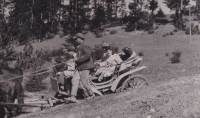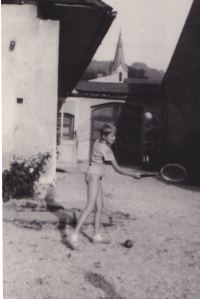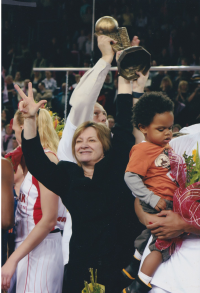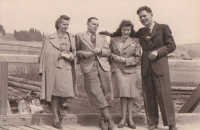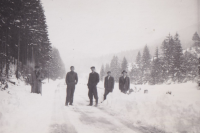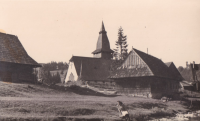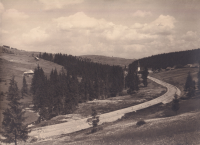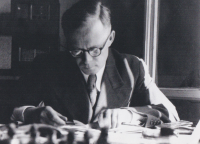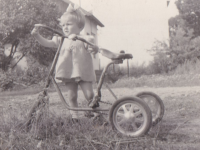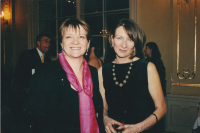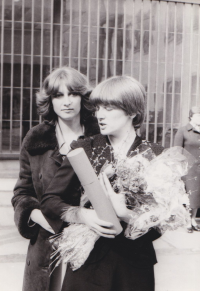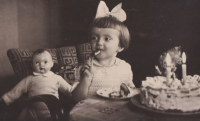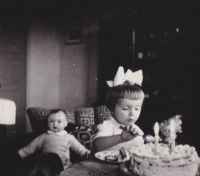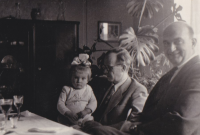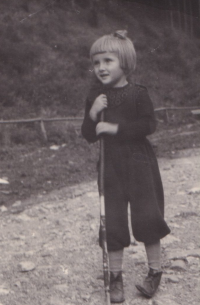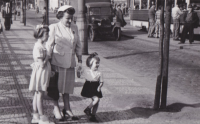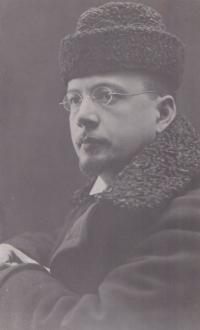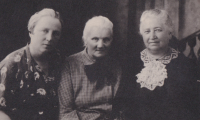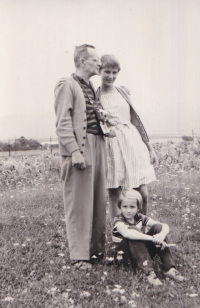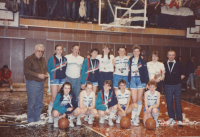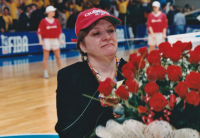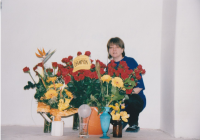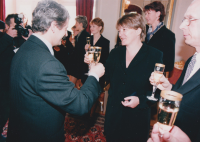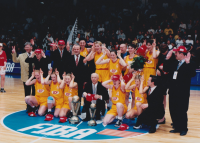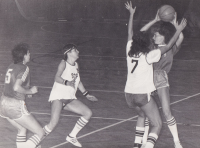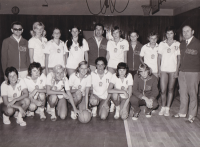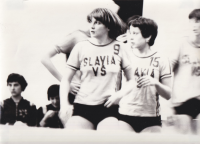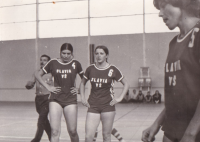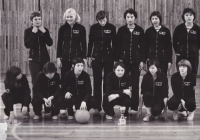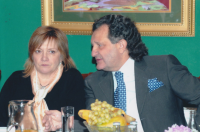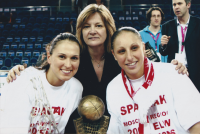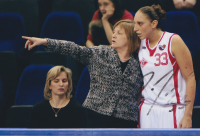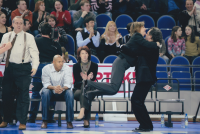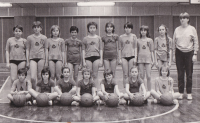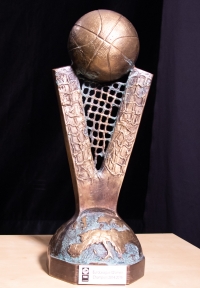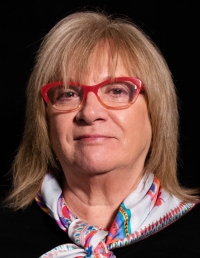Basketball was my destiny

Download image
Natália Hejková was born on the 7th of April in 1954 in Žilina in Slovaka as the second daughter of an engineer and of a teacher. Since her childhood, it was apparent that she was quite talented for sports. She may well tried all sports from football through diving to tennis. When she was fourteen, she discovered baseball and that decided for the rest of her life. After having graduated from high school, she enrolled the Faculty of Law at the Charles University in Prague where he immediately joined the Slavia VŠ [vysoká škola ~ university, college, students’ team] Praha, she wore their jersey for the next seven years. When she graduated from the university, she was offered a post in the Slovak team SCP Ružomberok [Severoslovenské celulózky a papierne ~ North Slovakian Cellulose and Paper Works]. At that time, professional basketball did not exist in Czechoslovakia so she got a job in the paper mills where she went to ‘sit through’ half of the hours and the half of her hours she spent at team practice. When she was 33, she reached the conclusion that it was the best time to end her player career. She got a job as a quality controller in one of the local companies and at the same time, she started to coach a girls’ team. In 1986, the Ružomberok team fell from the first league to the second and Natália Hejková got his first chance to coach this women’s club, so far only conditionally. Under her guidance, the team improved its performance so she became a regular coach. She successfully coached the RRR team for another sixteen years. In the third year of her coaching career, Ružomberok won the Czechoslovak league for the first time and later on, the team won the Euroleague twice. After she left Ružomberok in 2003, she was offered a coaching job in MKB Euroleasing Sopron in Hungary. Three times, she led the team to participate in the Euroleague, three times they became Hungary’s vicechampions. In 2006, she switched to Spartak Moscow Region whom she lead to win two Russian championship titles and two in the Euroleague. Her next stop was Dynamo Moscow in the 2008/2009 season and in 2011, she moved to Valencia in Spain but she did not stay there for long. In 2012, she was appointed the chief coach in the ZVVZ USK Praha [Závody na výrobu vzduchotechnických zařízení Univerzitní sportovní klub ~ Air Treatment Technology Production Plant University Sports Club] where she has been working since today. As the assistant to the head coach of the Russian national team, Igor Grudin, she won the title of European champions at the European championship in 2007 in Italy and bronze medal at the Summer Olympic Games in Beijing in 2008. For her achievements spanning many years, she was awarded the honorary title of the „Most succesful Slovak basketball coach of the 20th century” and in 2018, she was inducted to the Slovak basketball hall of fame, in 2019, to the FIBA hall of fame.

